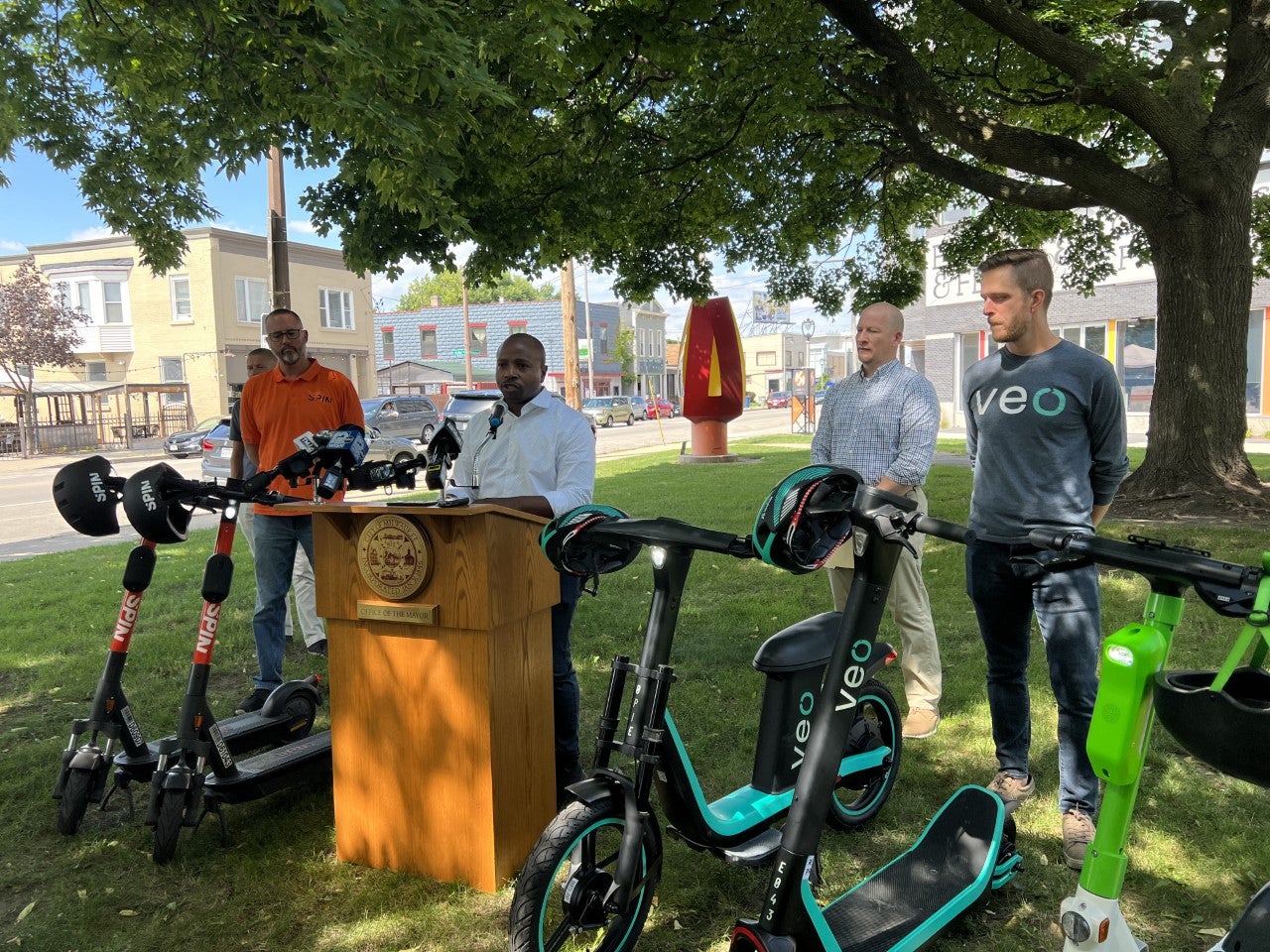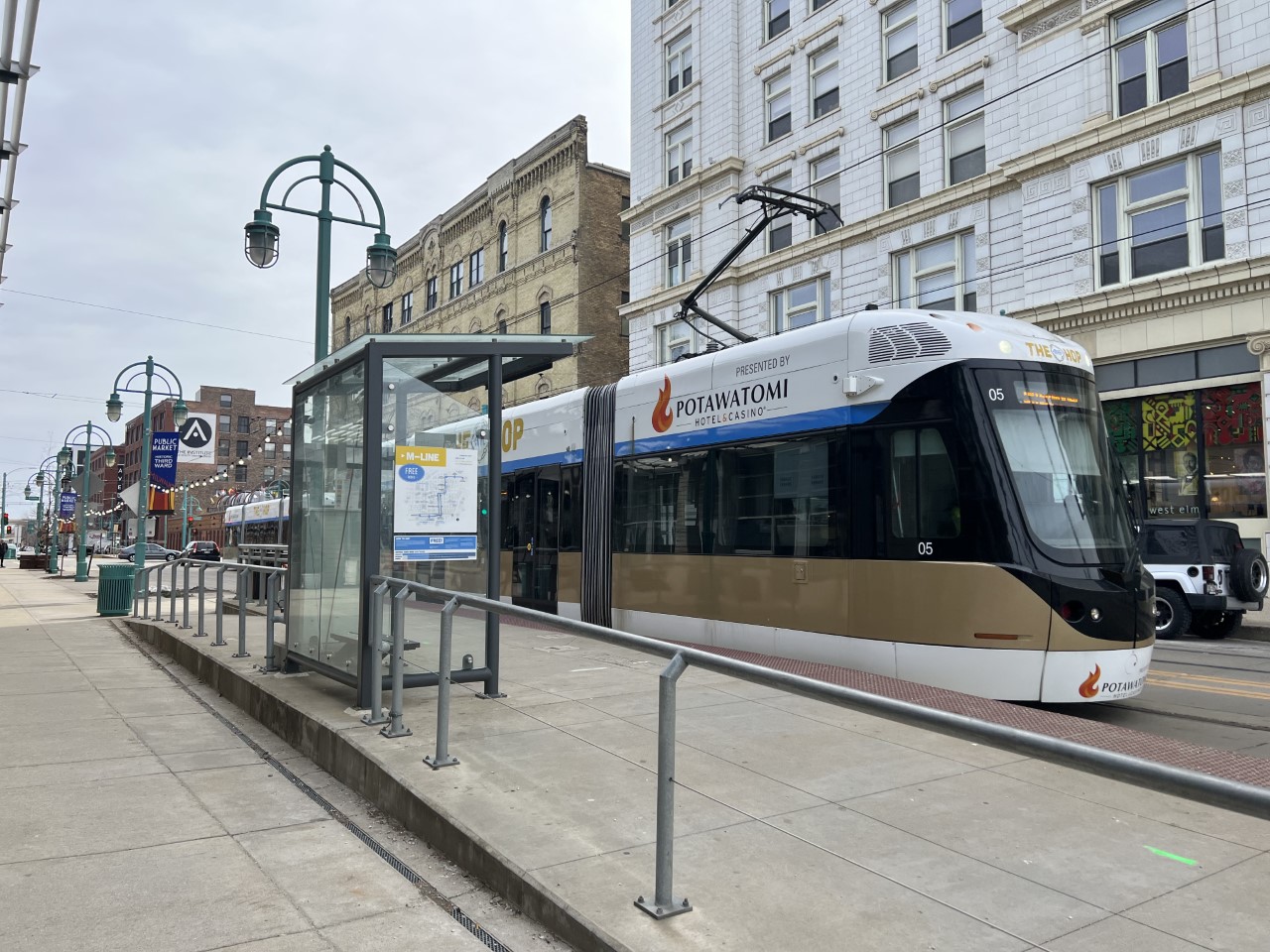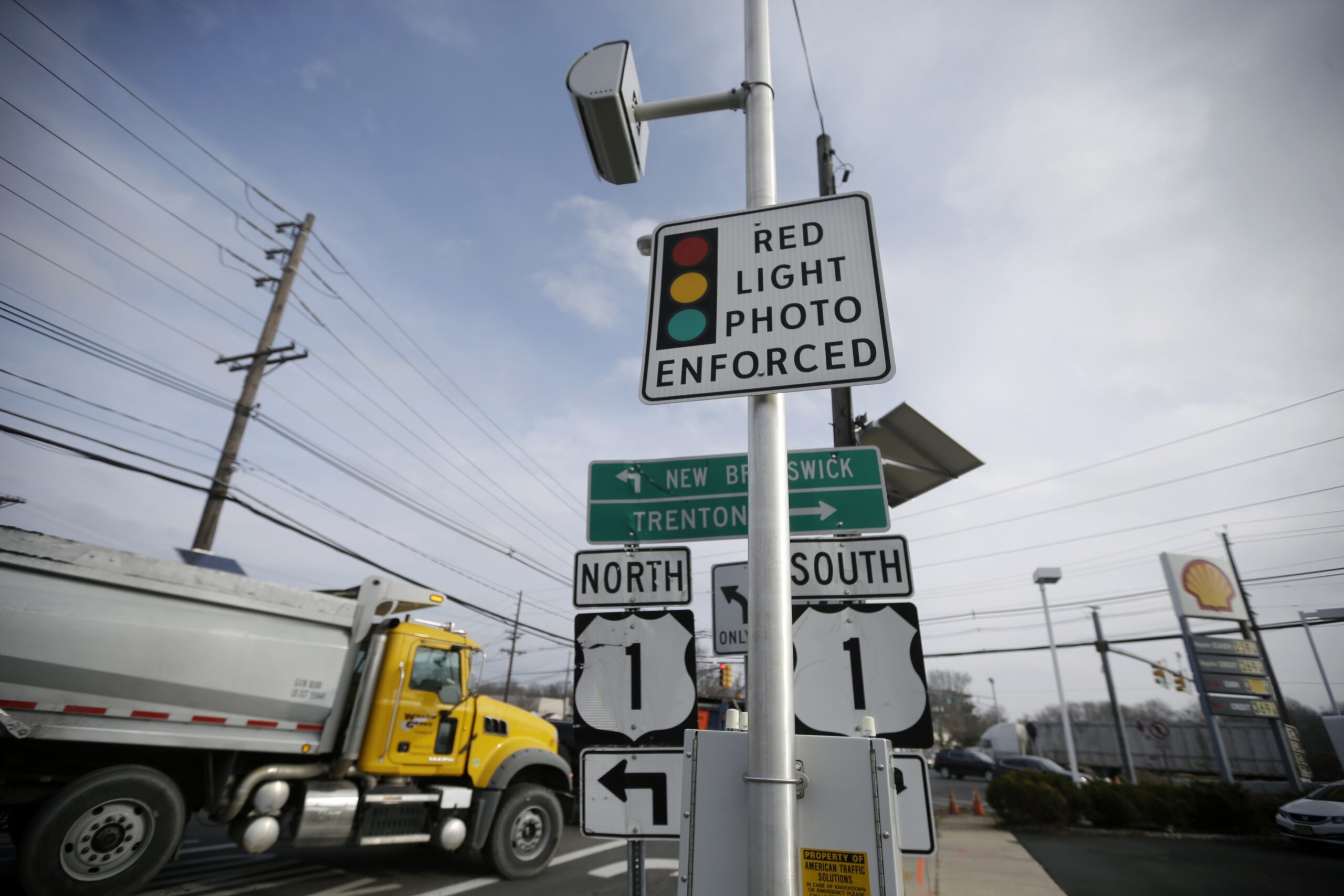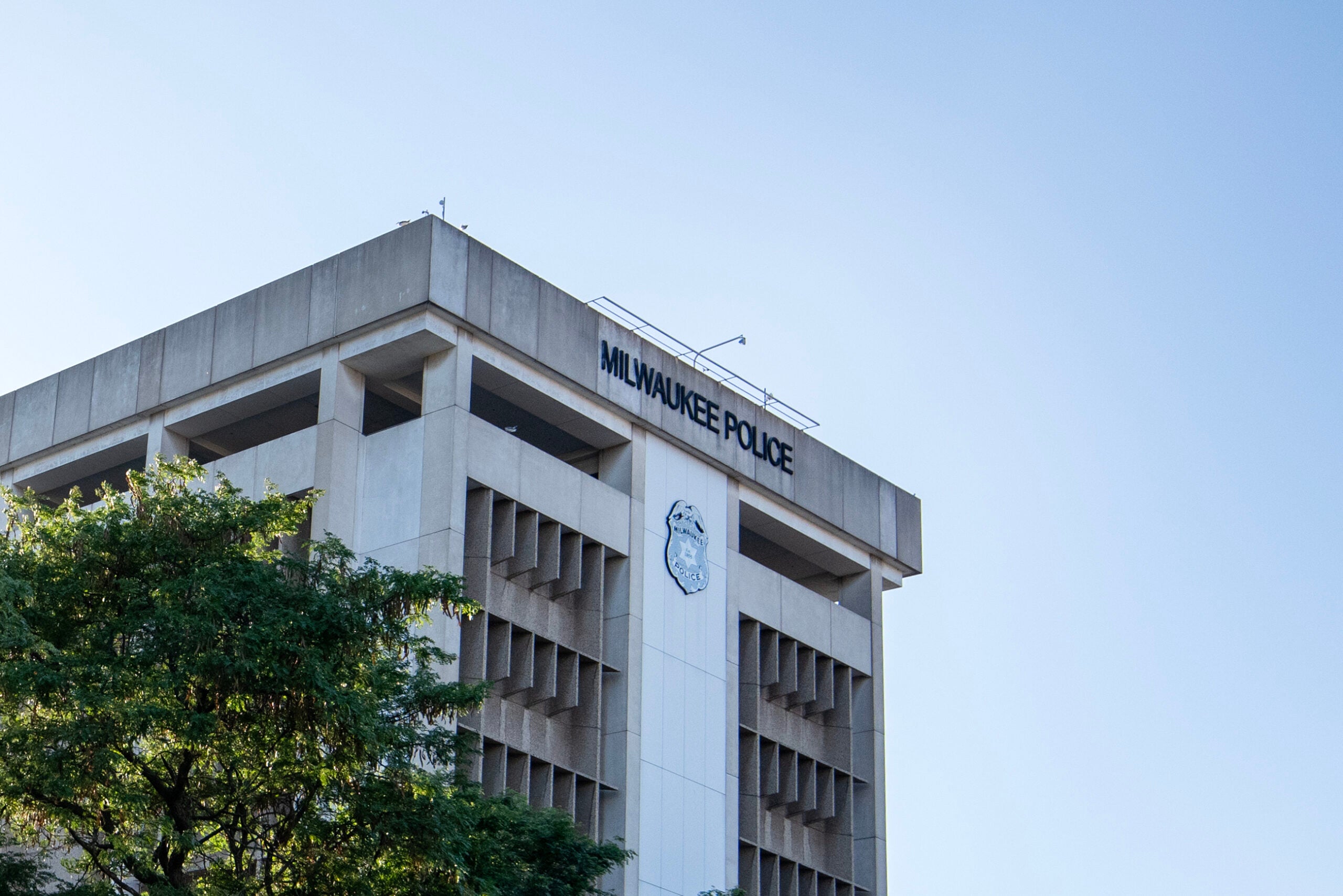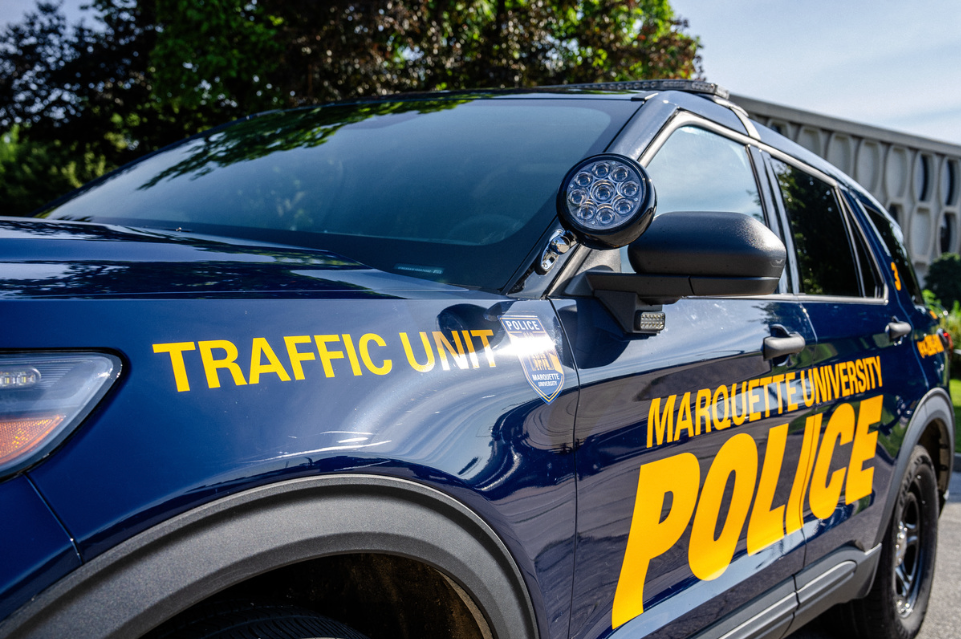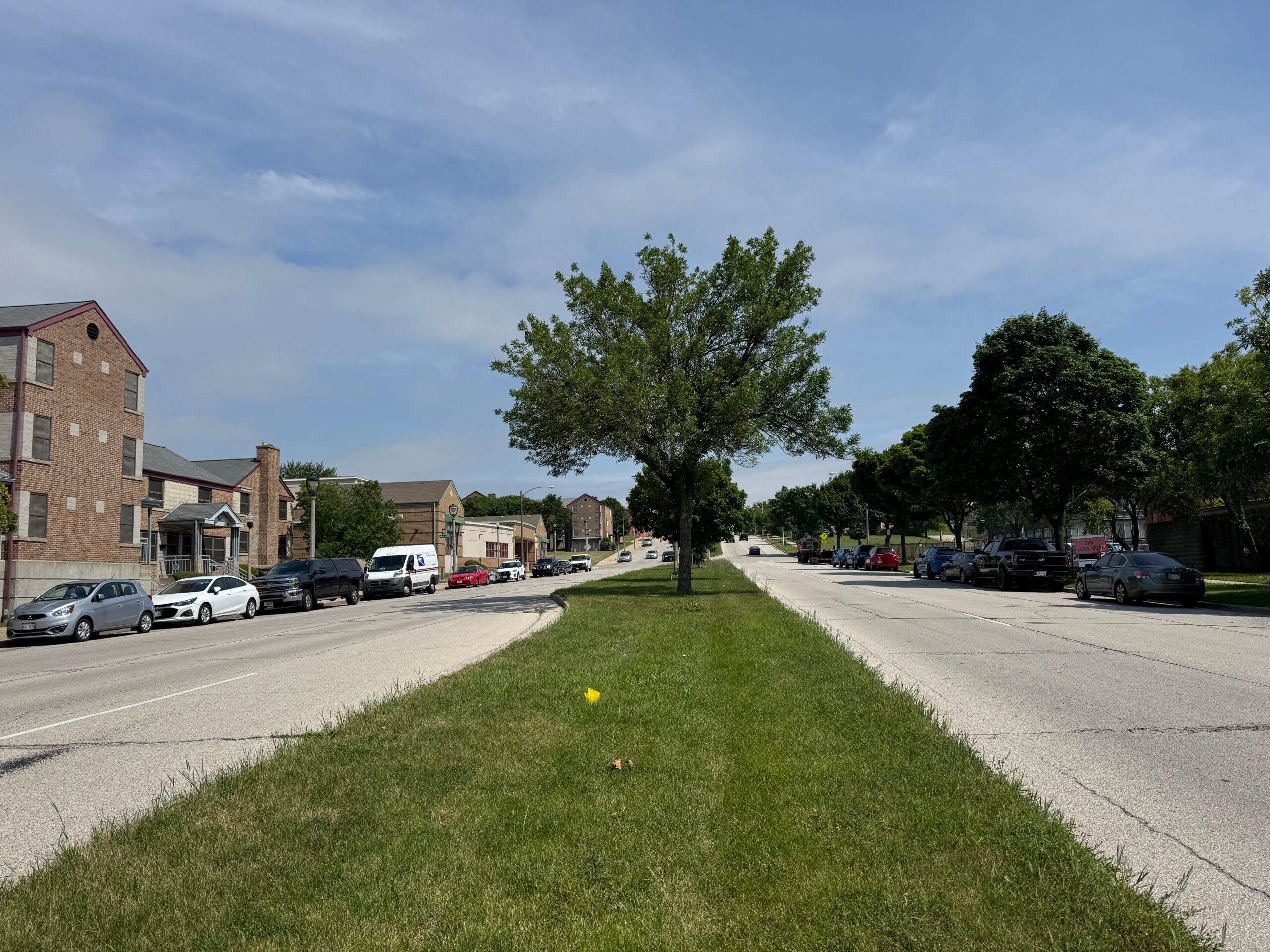Milwaukee launched its third electric scooter pilot study Friday, one year after 481,706 scooter trips were completed in the city.
This time, the pilot study will last until the end of 2023. At a launch event Friday morning, Milwaukee Mayor Cavalier Johnson said he hopes electric scooters will stay in Milwaukee permanently at the end of this pilot program.
“It’s a new program. We’ve only done pilots of this in the years past. This is a pilot as well,” Johnson said. “We’re learning, and this is going to be a part of the transportation mix in Milwaukee into the future.”
News with a little more humanity
WPR’s “Wisconsin Today” newsletter keeps you connected to the state you love without feeling overwhelmed. No paywall. No agenda. No corporate filter.
“This scooter pilot builds on our mission to explore ways that technology can expand transportation options for our city. From The Hop, to Bublr bikeshare, to dockless scooters, these opportunities help connect people to businesses while adding more activity and vitality to our streets,” the mayor said.
This year, three scooter rental companies — Lime, Vevo and Spin — will operate across seven different zones in the city. The program approved a maximum of 1,800 electric scooters to be on city streets.
Riders will need to download an app to pay for the ride and locate available scooters. When users are finished with the ride, they can park them on the sidewalk.
“The goal of the 2022-2023 pilot is to observe, solicit feedback on, and evaluate the effectiveness of dockless scooters in Milwaukee for the purpose of determining how to best incorporate scooters into the transportation landscape moving forward,” a press release from the Department of Public Works said.
Proponents of electric scooters say it’s a more affordable and environmentally friendly way to get around the city. Kate Riordan, senior transportation planner for the Milwaukee Department of Public Works, said it’s important to have multiple transportation options for residents.
“Increasing the vibrancy of the city, seeing people out there — out on the streets, not in their cars — makes it feel like it’s much more vibrant city,” Riordan said.
Robert Gregg, a Kenosha resident, was riding a Lime scooter in Bay View while his wife was getting a haircut Friday morning. He said he hopes the city permanently allows scooters following this program. Gregg said he hasn’t had any issues with safety while riding the scooters.
“Every chance I get, I will ride them in town, cause first off, parking is a pain in the rear-end, and honestly I get to explore the community more, so it’s a great time,” Gregg said.
Electric scooters first came to the city in 2018, after Bird put 100 scooters on the streets overnight. But those scooters weren’t approved by city officials, leading to their removal. One year later, Gov. Tony Evers signed legislation regulating electric scooters across the state, and they returned to Milwaukee in 2019. The law allowed for municipalities to regulate their use.
Since then, other Wisconsin cities have allowed them to operate, including Green Bay, Racine, Appleton, Janesville and Wauwatosa.
In 2019, Milwaukee started its first Dockless Scooter Pilot study to test whether riders and the companies that rent scooters are able to navigate city streets and state regulations. Another pilot study was done in 2021. Those studies gained feedback about scooters being used on Milwaukee’s streets.
The 2021 study found the DPW received 89 email or phone complaints about the scooters, mostly about improper parking and sidewalk riding. A survey from the 2021 study found that the most frequent reason people rode a scooter was to “travel to or from entertainment or an event.”
In 2019, The Milwaukee Police Department reported six crashes between cars and scooters. Over the course of more than 350,000 rides during the pilot, users reported 67 total scooter crashes, most without injuries.
In 2021, the number of crashes between cars and scooters increased to 15. There were also 18 other incidents that resulted in an injury to riders, according to a city report.
“The level of detail and information provided varied by operator and makes it difficult to draw any conclusions about these crashes,” the report said.
Wisconsin Public Radio, © Copyright 2025, Board of Regents of the University of Wisconsin System and Wisconsin Educational Communications Board.

